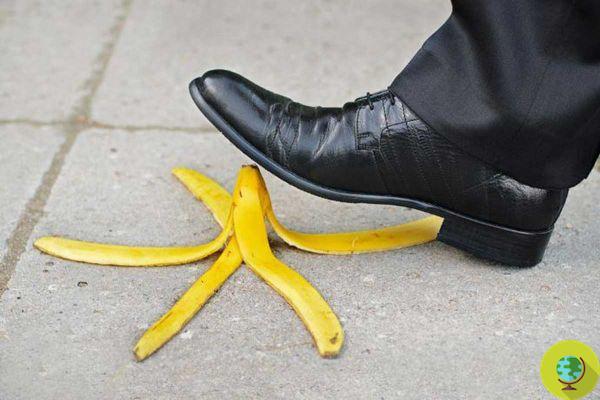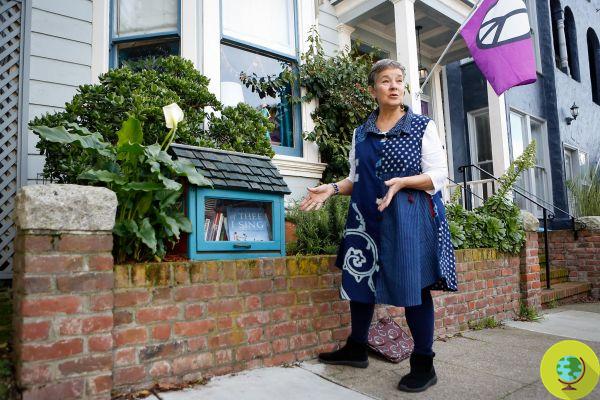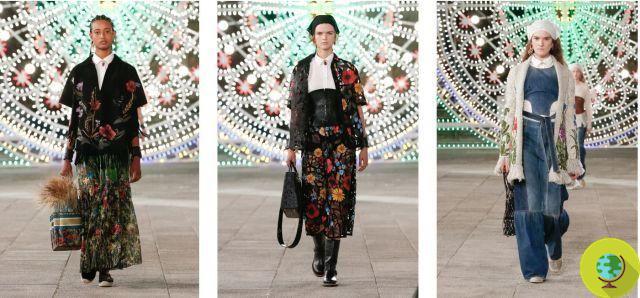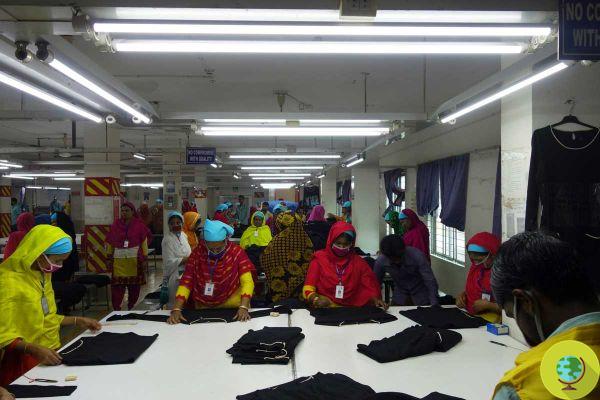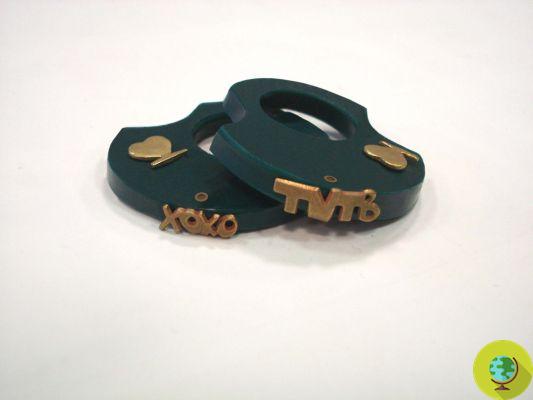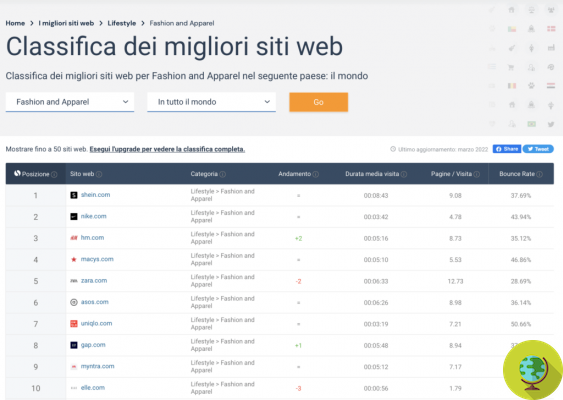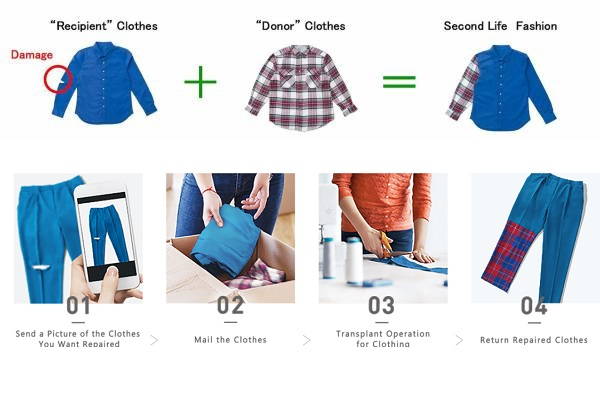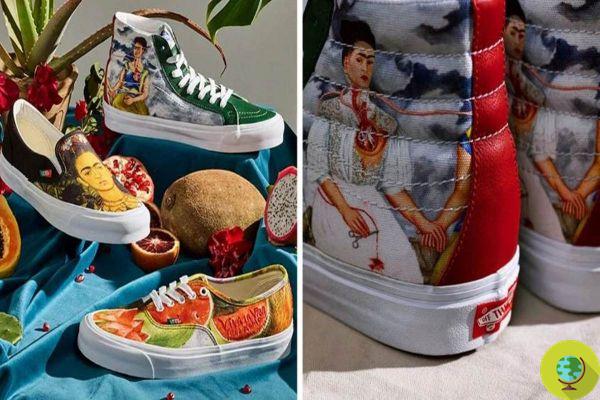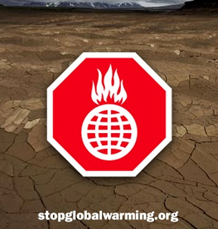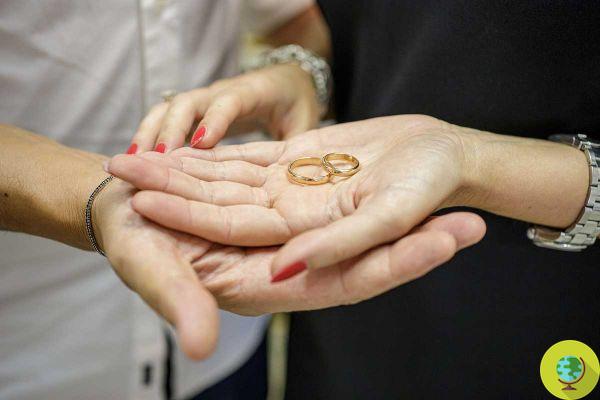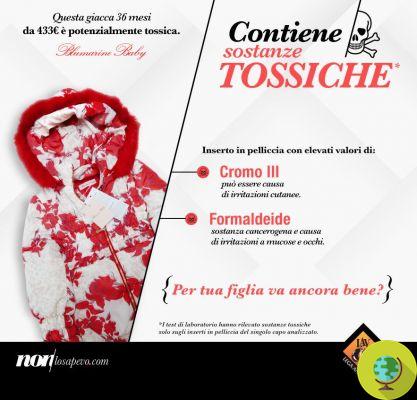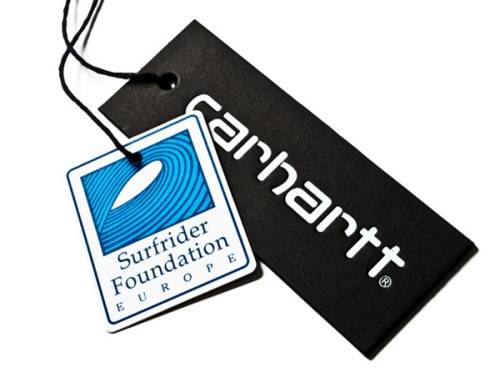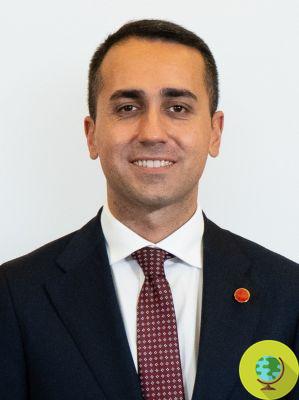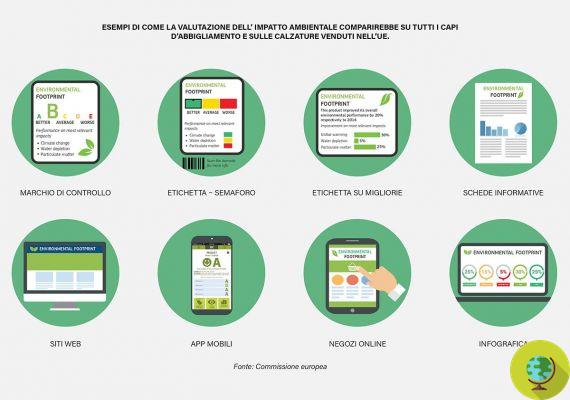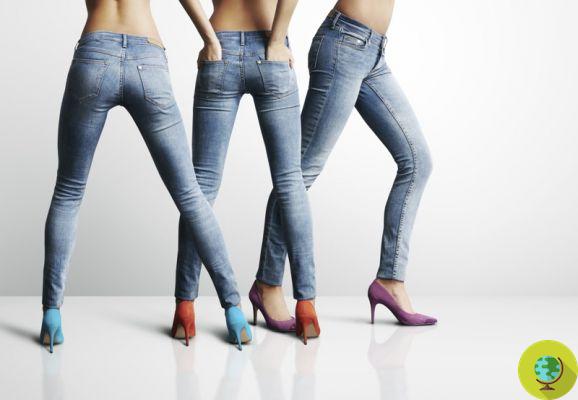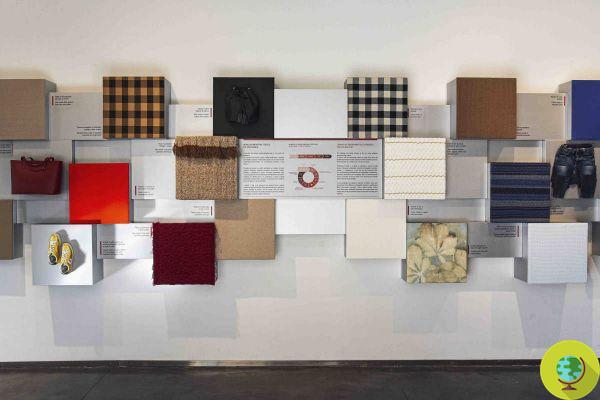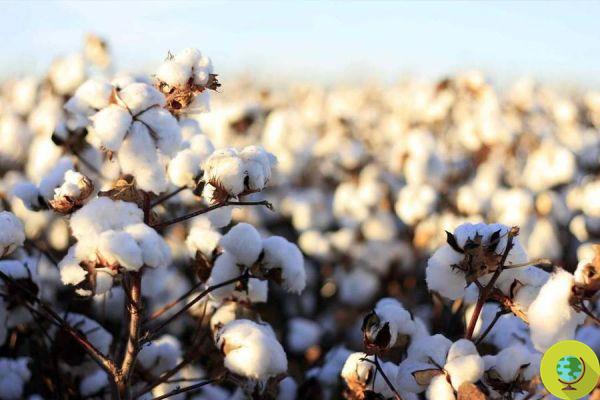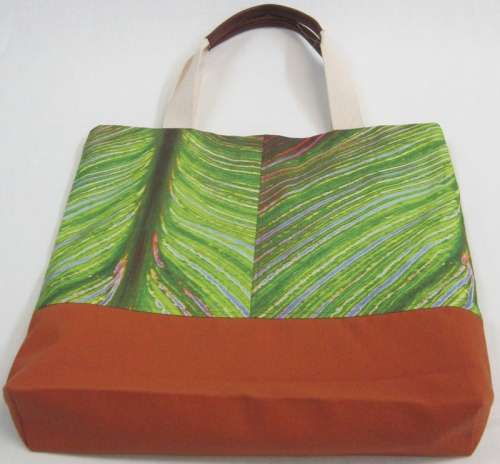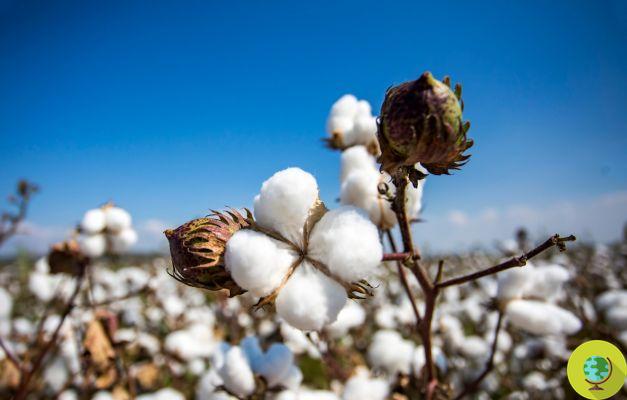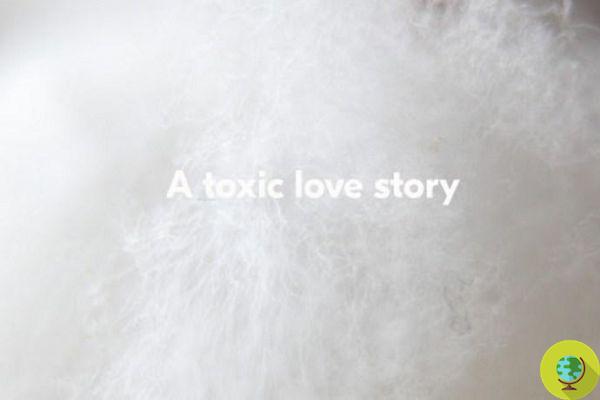Fashion Revolution calls for greater transparency in the world of fashion, where millions of people work in indignant conditions
Don't store avocado like this: it's dangerousOn the occasion of Fashion Revolution Week 2021 (April 19-25), Fashion Revolution has launched a public campaign to ask for greater transparency in the world of fashion, where millions of people around the world often work in undignified conditions to create the clothes we wear
Through the hashtag #WhoMadeMyFabric? Fashion Revolution encourages consumers to question more than 60 major clothing brands to publicly reveal the figures involved in the manufacturing process of their global production chains. Consumers can be involved in the campaign in various ways:
- By contacting brands directly, by email or through the contact forms on their websites
- By tagging brands in social media posts, using the hashtag #WhoMadeMyFabric
- Leaving a review on brands' product pages (brands are particularly sensitive to reviews, and this could be a great way to get their attention)
(Read: Fast fashion doesn't pay factory workers worldwide (and makes them pay for the Covid-19 crisis))
The lack of visibility on production processes can leave manufacturing companies a good margin for exploitation of workers, poor safety and environmental damage. For many years there have been numerous reports on the exploitation and abuse of human rights in textile companies, clandestine workshops, tanneries, but also in plantations and intensive farming around the world that supply raw materials to the big fashion industry.
The public dissemination of this information is useful because it allows supporters of workers' rights to identify and disseminate any abuses and to remedy them by collaborating with brands and suppliers of raw materials. This greater visibility within the production chain is also useful for brands and stores, because it allows them to better manage the social and environmental risks that could damage their business. Finally, it is good for consumers, because it allows them to find an answer to the question who made my clothes? and to consciously choose what to wear.
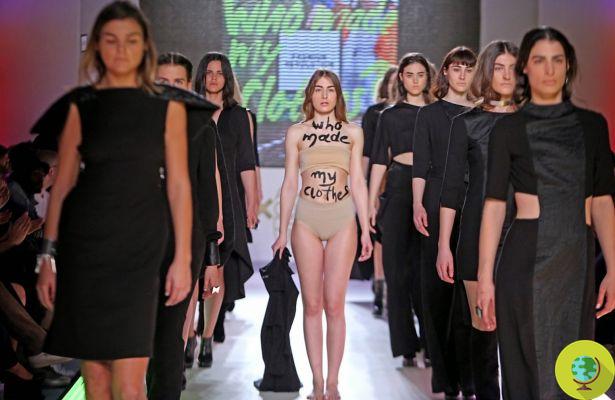
@ AthinaKourda/fashionrevolution.org
Fashion Revolution is an association founded in the aftermath of Rana Plaza disaster (Bangladesh) in 2013, considered the largest fatal accident related to the textile industry in human history. 1129 people died in the collapse of a building that housed various clothing factories, after the warning to clear the area for obvious signs of structural failure was ignored by the owners of the factories.
In a short time, Fashion Revolution has become the largest activism movement in the fashion industry, mobilizing citizens, industries and the political world through research, awareness campaigns and active work to protect workers' rights.
We are the ones who wear the clothes, but we are also the ones who make them, this is the motto of the movement.
Fonte: Fashion Revolution / Fashion Revolution Campaign
We also recommend:
- Fast fashion: the fake e-commerce with mega offers that reveals the "invisible" price of disposable fashion
- In Myanmar the strike was denied to fast fashion workers and even H&M, Zara and OVS abandon them
- The interactive path that reveals the dark side of the garments you wear




